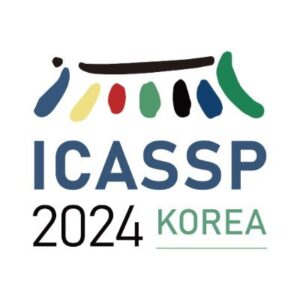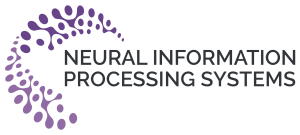AIM at ICLR 2024
 On 7-11 May, AIM researchers will participate at the Twelfth International Conference on Learning Representations (ICLR 2024), taking place in Vienna, Austria. ICLR is the premier gathering of professionals dedicated to the advancement of the branch of artificial intelligence called representation learning, but generally referred to as deep learning.
On 7-11 May, AIM researchers will participate at the Twelfth International Conference on Learning Representations (ICLR 2024), taking place in Vienna, Austria. ICLR is the premier gathering of professionals dedicated to the advancement of the branch of artificial intelligence called representation learning, but generally referred to as deep learning.
AIM members will be presenting the following paper at the main track of ICLR 2024:
- MERT: acoustic music understanding model with large-scale self-supervised training, by Yizhi Li, Ruibin Yuan, Ge Zhang, Yinghao MA, Xingran Chen, Hanzhi Yin, Chenghao Xiao, Chenghua Lin, Anton Ragni, Emmanouil Benetos, Norbert Gyenge, Roger Dannenberg, Ruibo Liu, Wenhu Chen, Gus Xia, Yemin Shi, Wenhao Huang, Zili Wang, Yike Guo, Jie Fu (postprint)
AIM members will also be presenting the following paper at the ICLR 2024 workshop on LLM Agents:
- WavCraft: Audio Editing and Generation with Large Language Models, by Jinhua Liang, Huan Zhang, Haohe Liu, Yin Cao, Qiuqiang Kong, Xubo Liu, Wenwu Wang, Mark D Plumbley, Huy Phan, Emmanouil Benetos (postprint)
See you all at ICLR!
 On 14-19 April, several AIM researchers will participate at the
On 14-19 April, several AIM researchers will participate at the 